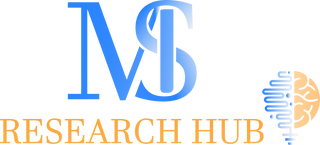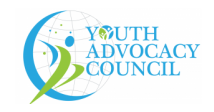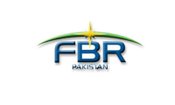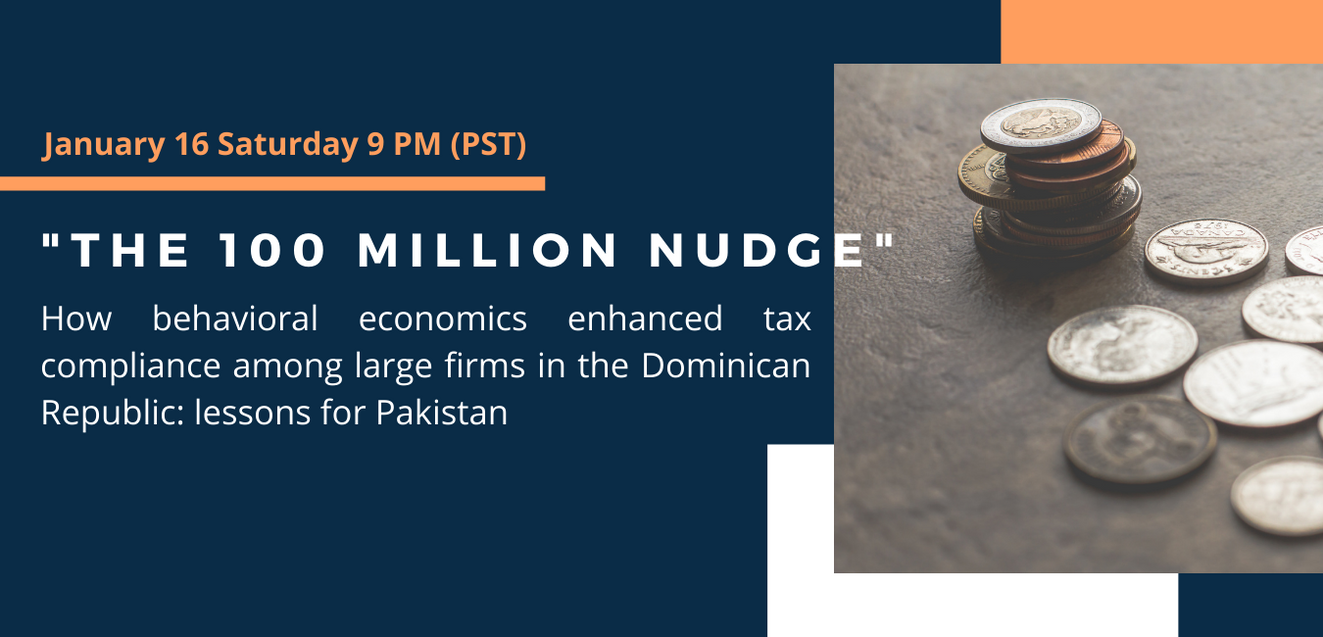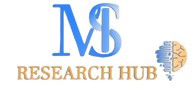Organizers
In collaboration with
January 16th
9 PM (Pakistan Standard Time) - 10 AM (CT)
Duration: Approx. 2 Hours
Location: Virtual
Platform: Zoom
Number of participants: 20~25 (staff, scholars, and experts from the FBR/taxation department)
Registration: Selected registered applicants will be invited to participate in the event. After filling the form, you can expect to hear a decision within a few hours.
Keynote Participants
Prof. John List
is an American Economist, the Kenneth C. Griffin Distinguished Service Professor of Economics and Chairman in the Department of Economics at the University of Chicago. He also holds a position as a National Bureau of Economic Research Associate. John has previously served as a Senior Economist on the President's Council of Economic Advisers (2002-2004)
Prof. Alejandro Zentner
Associate Professor of Finance and Managerial Economics at Naveen Jindal School of Management - The University of Texas at Dallas.
Prof. Badri Narayanan
Badri is a senior policy fellow at M&S Research Hub, Founder and Director of Infinite Sum Modelling Inc. consultant at McKinsey and Company, Affiliate Faculty Member at the School of Environment and Forestry Sciences, University of Washington Seattle,
Justin Holz
Mohsin Khan /Moderator
Program director at M&S Research Hub, CEO at Youth Advocacy Council, Lecturer for Governance and Public policy at NUML University, Islamabad, Pakistan, and a Member of the Advisory Group CIVICUS- a World Alliance for Citizen Participation,
Shahid Tarar
Shahid is a civil servant and been working in the Federal Board of Revenue for the last several years. He has worked on Pakistan Raises Revenue Project, a US$ 400 million assistance from World Bank from Feb 2019 to October 2020.
Sakib Sherani
Former member of the prime minister's economic advisory council (2018-19 and 2008-10), Former Principal Economic Adviser, Ministry of Finance, Govt of Pakistan (2009-10), Ex-member Planning Commission's panel of economists, Consultant on different projects/programs with UK DFID (now FCDO), World Bank and GIZ on tax reforms and governance
"The 100 million Nudge" How Behavioral Economics Enhanced Tax Compliance among Large Firms in the Dominican Republic: Lessons for Pakistan
Taxation plays a central role in the development of states. While several coercive and incentive-based approaches have been used, little focus has been given by the government to use behavioral economics to increase tax compliance in developing economies. However, recently, Prof. John and his team partnered with the IRS in the Dominican Republic and experimentally evaluate how prison sentences and non-pecuniary motives influence tax compliance and provide the first empirical evidence using natural field experiment on whether increasing the salience of public disclosure of penalties affects tax compliance behavior in large firms. Moreover, in contrast to many earlier experiments on tax compliance, they leverage administrative data to shed insights into how behavioral nudges affect firms, which resulted in over 100 $ million tax revenue in Dominican Republic (DR).
Since Pakistan’s revenue performance has improved significantly from tax policy measures in recent years, rising from 9.5 percent of GDP in the financial year 2011-2012 to 12.9 percent in the financial year 2017-2018[1], it is still lower than the level needed by developing countries, of at least 15 percent of GDP, to fund basic government functions and provide services to people. As the country continues to face challenges and strive to improve the tax compliances and revenue collection; both at the individual and firm level, there is a dire need to acquire and use new means to encourage people and firms to pay taxes, enhance revenue mobilization and contribute towards national development. Hence, considering the significant results of John and his team's research, validated on empirical grounds, it is imperative to learn from this research and find, how Pakistan and its experts and policymakers can leverage behavioral economics to enhance tax compliance and increase revenue.
This policy talk will be administered by M&S Research Hub and Youth Advocacy Council in partnership with the Federal Board of Revenue, and will shed lights on key questions as follow:
- What were the features of the applied field experiments and how much was the total allocated budget?
- How this experiment was conducted in a natural environment at such a large scale? How the experiment(s) was/were performed?
- What specific measures and messages were used by John and his team in partnership with IRS at DR? And can these strategies be used/modified to be employed by FBR in Pakistan?
- How do institutional, cultural, and social practices can affect such experiments?
- What key aspects should Pakistan and FBR consider when designing a similar experimental research framework?
Do you have any questions?
Contact us at info@ms-researchhub.com
Chat with us during our working hours Monday-Friday 10 AM-4 PM
or Call us at +49 (0) 56149941680
